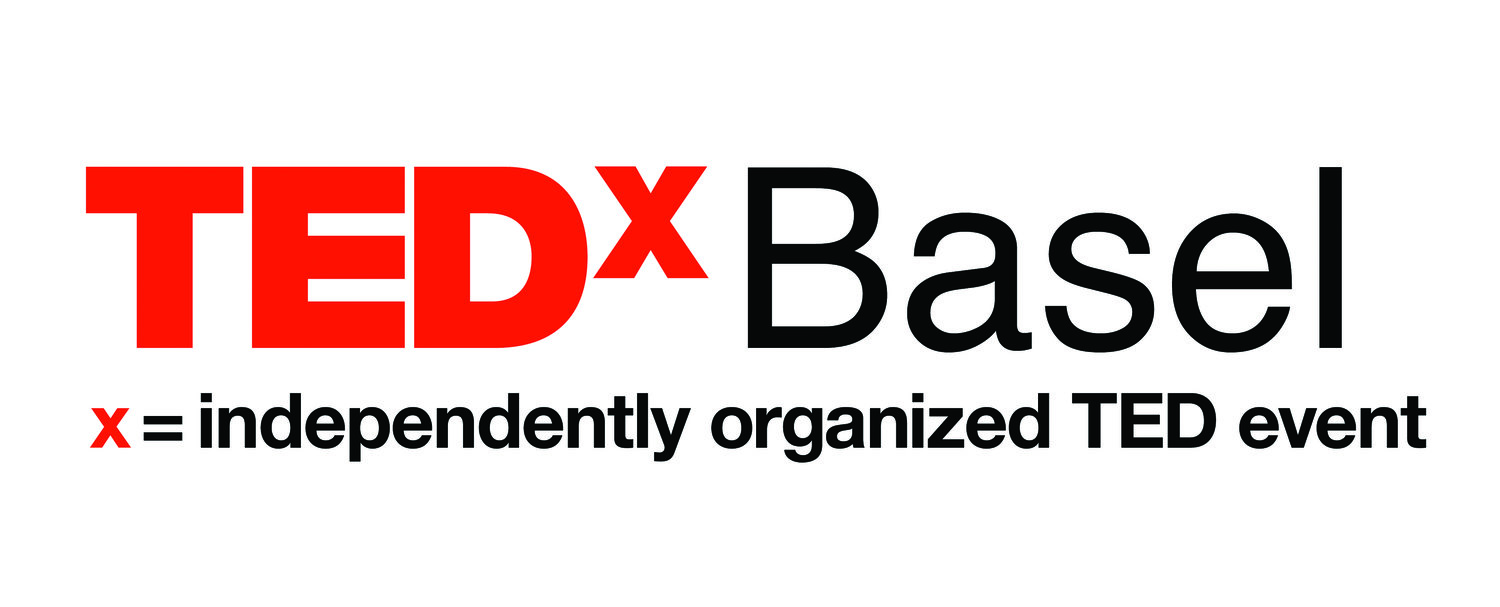TED's 31 days of Ideas - Day 1: Maybe I'm Wrong
/Maybe I'm wrong
By Tim Harford
With that simple thought, Kathryn Schulz brings the curtain down on a wonderful talk, "On being wrong."
It certainly seems like she's in tune with the values of the age. We think more about being wrong than we used to: there's more discussion of forecasting errors (the financial crisis, President-elect Trump); Daniel Kahneman’s investigations of error persuaded the economists to hand a Nobel memorial prize over to a psychologist; start-ups celebrate the "fail forward" culture; scientists are devoting increasing effort to going back and checking results that they once took for granted.
I think this is a change for the better in our culture: our civilization is built on thousands of years of trial and error, whether we like to admit it or not. And the sooner we spot and fix the errors, the faster we learn.
We are starting to understand our own mistakes a little better. We now know that we have a tendency to surround ourselves with people who agree with us. We also know that many peer-reviewed scientific results are nevertheless impossible to replicate.
But Schulz's talk gets beyond all that. She touches the root cause of the problem: the powerful illusion of our own rightness. As she unforgettably observes, realizing that we were wrong can make us cringe -- but once we realize that we were wrong, we’re not wrong anymore.
In contrast, being wrong and not realizing it doesn't embarrass us at all. Being wrong is a blissful state of ignorance. Being wrong feels exactly like being right.


